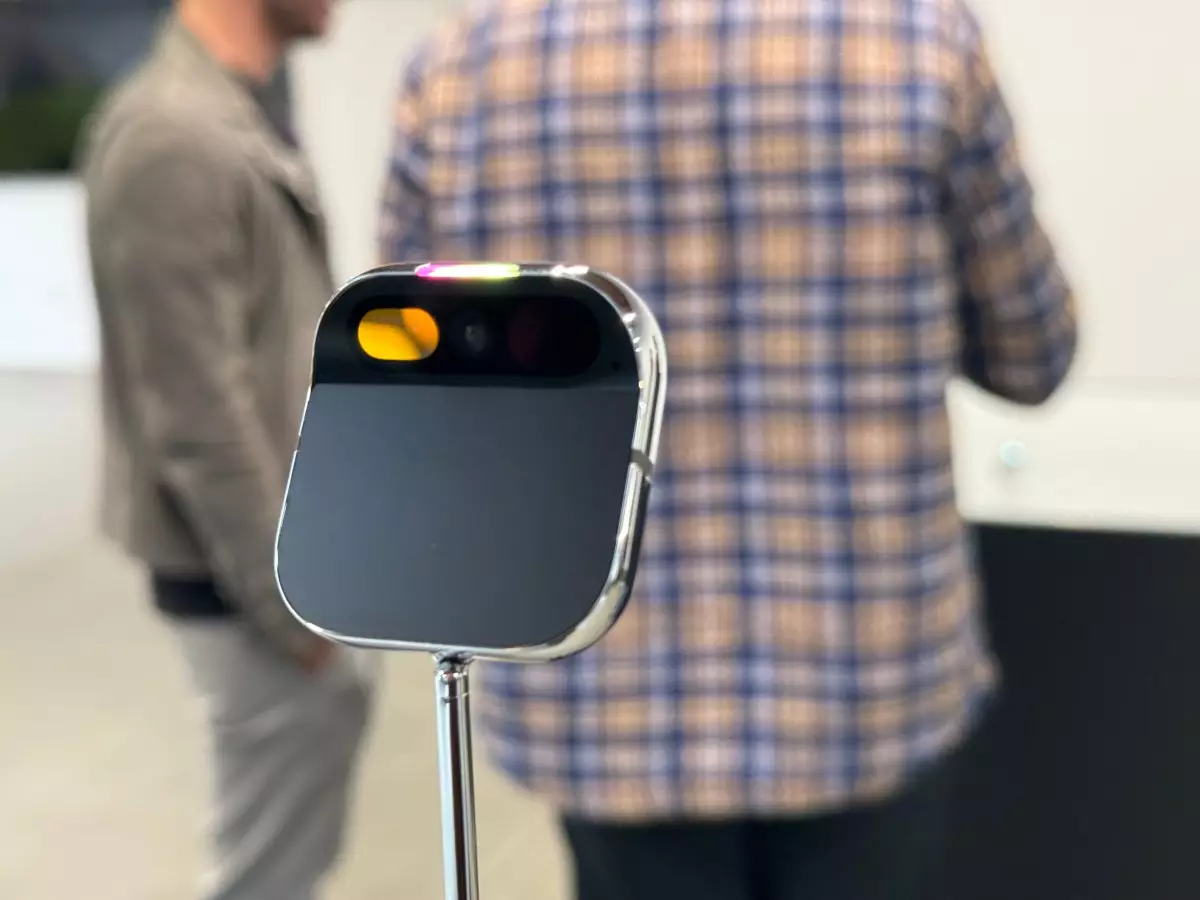In the fast-paced world of technology, change is not only constant but often chaotic. The past week has showcased a series of noteworthy events, each leaving its own mark on the industry. From HP’s steep acquisition of Humane, a startup that had set its sights on revolutionizing wearable technology with its AI Pin, to the unexpected evolutions within companies like Duolingo, the news cycle has been relentless and filled with critical turns.
In a shocking announcement, HP confirmed its acquisition of the AI Pin maker Humane for $116 million. This acquisition follows an almost disheartening journey for Humane, which had raised approximately $240 million in venture capital only to find their primary product— the AI Pin—rendered extinct. The immediate halt in the sales of the $499 AI Pin raises questions about the viability of hardware startups in a marketplace that is increasingly leaning towards software solutions. Following the acquisition, most employees at Humane were left to reconcile their employment status, with many facing layoffs, while a select few received enticing offers from HP, promising salary increases of up to 70% in addition to bonuses and stock options.
One might speculate whether the tech sector is suffering from a crisis of innovation. The failure of such a high-potential product poses a critical inquiry into whether there’s a gap in understanding consumer needs versus what the tech world envisions as cutting-edge. Humane’s ambitious leap into a saturated market, without an apparent foothold, has left not just investors but other emerging startups to reconsider the path they tread.
In a rather eccentric marketing initiative, Duolingo executed a campaign to mask the demise of its beloved owl mascot, Duo, with a promotional gimmick involving a Cybertruck. The campaign, intriguingly titled “Duo or die,” aims to resonate with users on a deeper emotional level while simultaneously boosting engagement. While some might see this as frivolous, it underscores an essential truth in marketing today—companies must continually adapt to engage a fickle audience who can quickly lose interest.
Duolingo’s move symbolizes the delicate balance between innovation and absurdity in modern marketing tactics. The question emerges: does this approach enhance brand loyalty, or does it risk alienating traditional users who may find such a transition counterintuitive?
Meanwhile, OpenAI has taken significant steps to recalibrate its stance on editorial neutrality. By allowing ChatGPT to cover a broader spectrum of viewpoints on controversial subjects, the organization aims to enhance its appeal to a more diverse audience. While this change may foster a semblance of approachability, it raises a critical ethical dilemma regarding responsibility; can a platform that espouses neutrality remain credible if users perceive it as morally ambiguous? The implications of content that seeks to avoid offending while retaining credibility might complicate OpenAI’s ethos of being a leading AI provider.
Not all technology news this week stemmed from product failures or marketing gimmicks; the competitive landscape has shifted dramatically as Uber filed a lawsuit against DoorDash. As accusations fly about anti-competitive practices—specifically claims of intimidation used to force restaurants into exclusive arrangements—the battle lines are being drawn a little sharper. This conflict serves as a reminder of the pressures inherent in this space, where competition can sometimes lead to murky tactics, bringing to light ethical considerations about how far companies will go to maintain dominance.
Amongst the turmoil, innovative ventures continue to be birthed. Mira Murati, former CTO at OpenAI, launched her next endeavor—Thinking Machines Lab, bringing experienced figures from OpenAI along for the journey. This new effort, centered around developing collaborative multimodal systems, highlights a core facet of the tech ecosystem: despite setbacks, there lies an enduring potential for innovation. In a landscape ravaged by failures, the emergence of new players is both a beacon of hope and a reminder of the relentless pursuit of progress in technology.
As we reflect upon the whirlwind of announcements, product launches, and controversies, it becomes evident that the tech world is teetering on a precarious tightrope. On one side lies the promise of innovation, creativity, and new ideas, while on the other, the potential pitfalls of market saturation, ethical dilemmas, and public perception. At the heart of it all is a persistent question: can technology deliver on its promises, or does it risk an ever-widening gap between expectation and reality? Only time will reveal the true outcome of this week’s tumultuous events.

